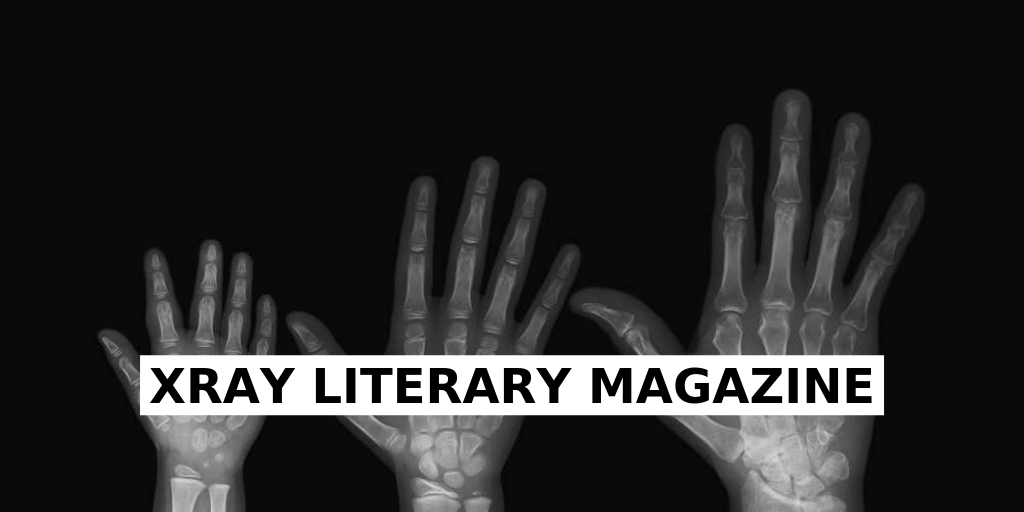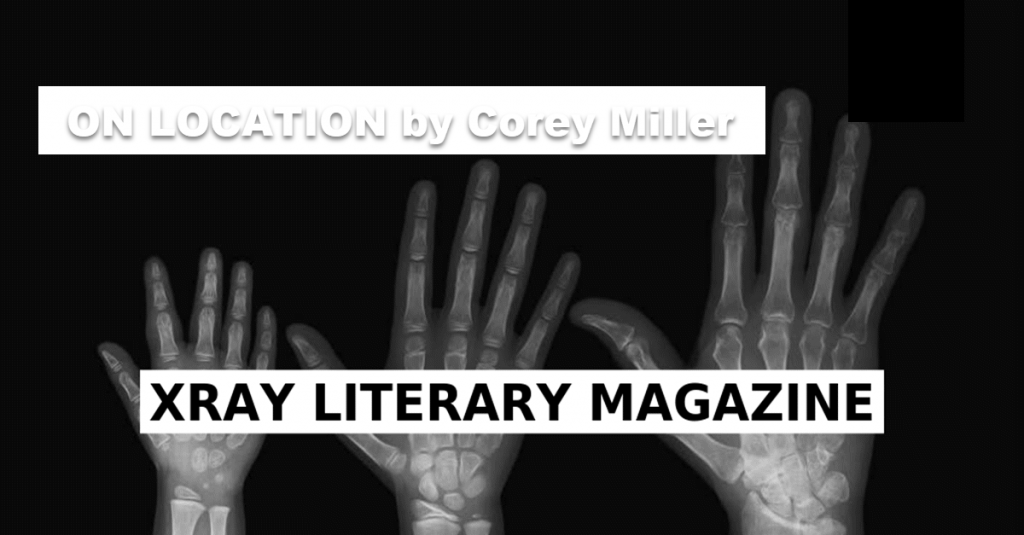
PISS SHORTS by Doug Ross
Kyle got his piss shorts ready. They were his last pair, he would have to wear jeans for rafting. He took the bag that held his snacks. Dumped them onto his sleeping bag. Stuffed the shorts in. He couldn’t do knots so he spun it until the handles wrapped around themselves. He left the tent, looked outside. The timing was right. The boys had eaten breakfast. They were all watching smoke on the one mounted TV, listening to the teachers talk about how they would get home now, if they would need buses. Kyle walked away from the campground and…

